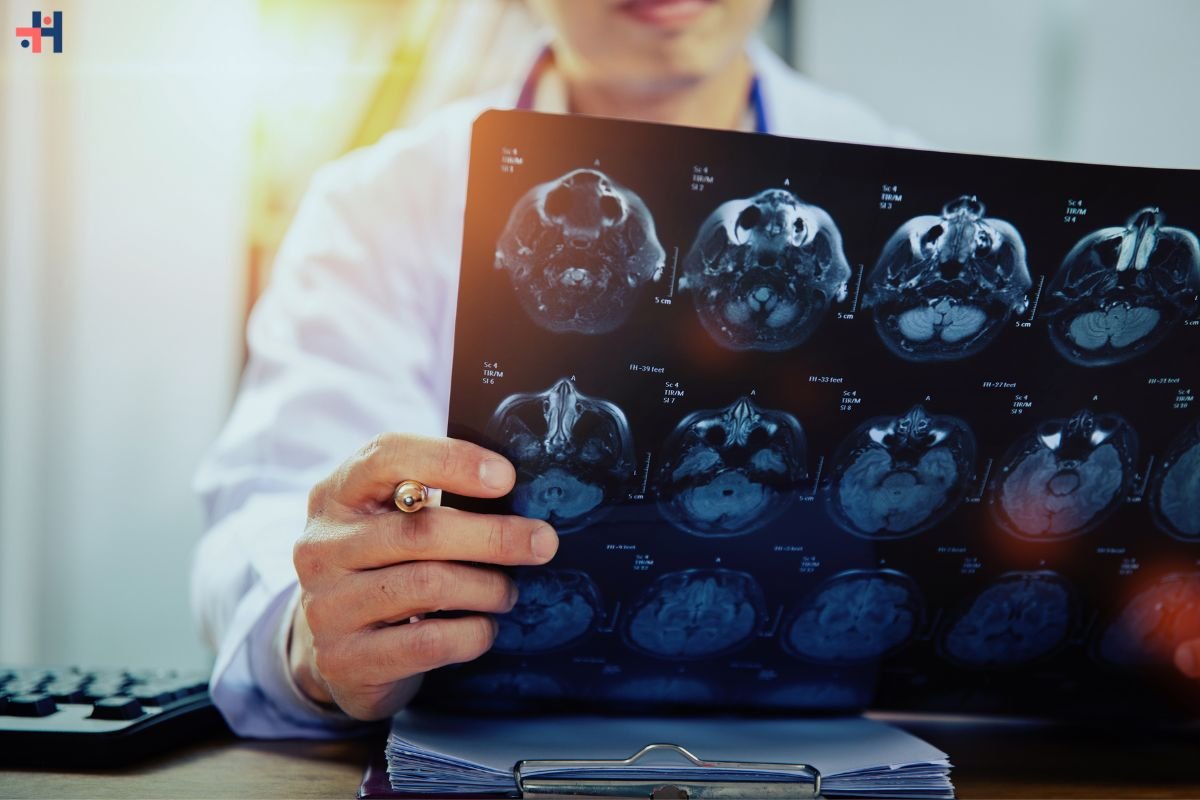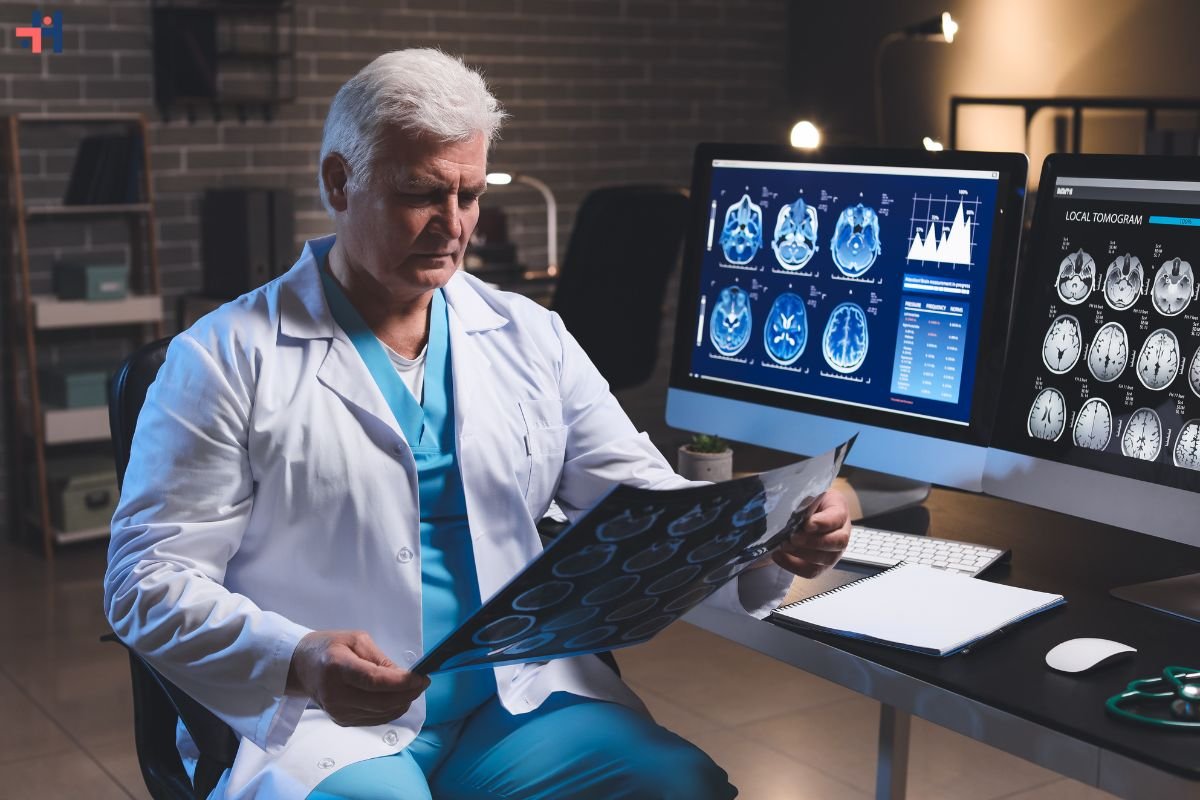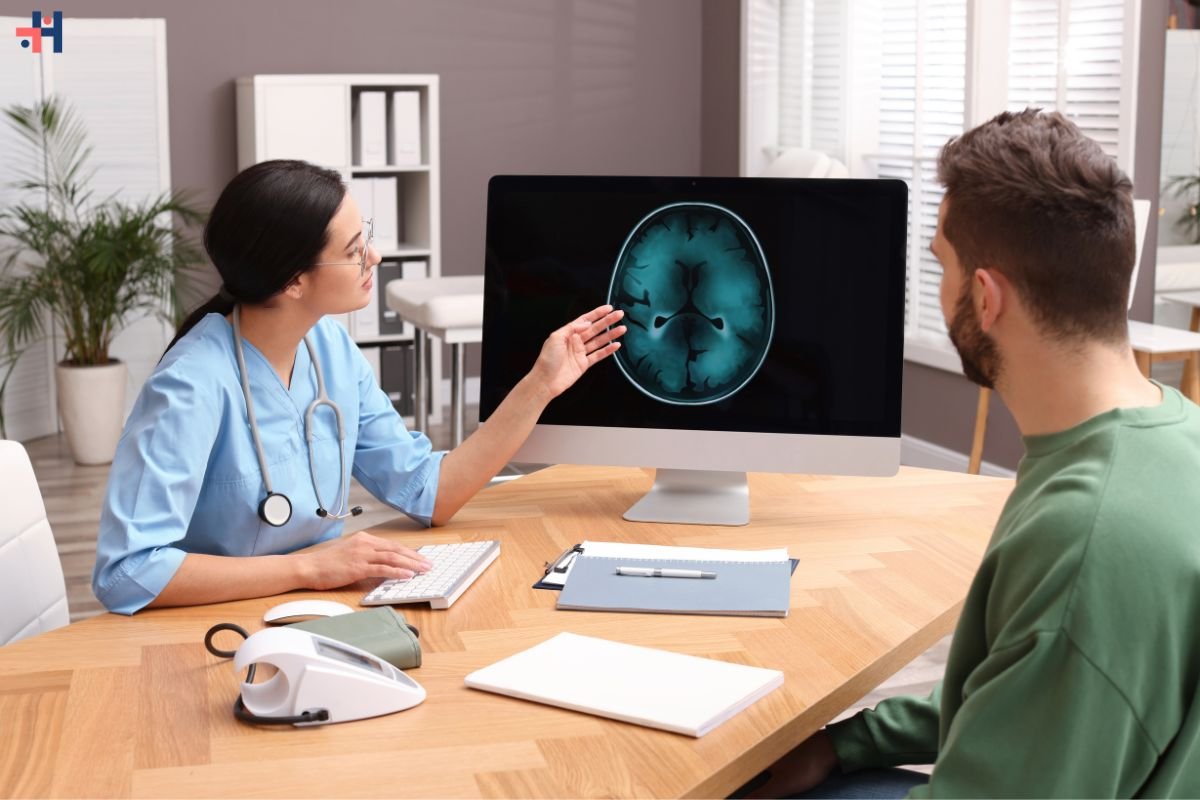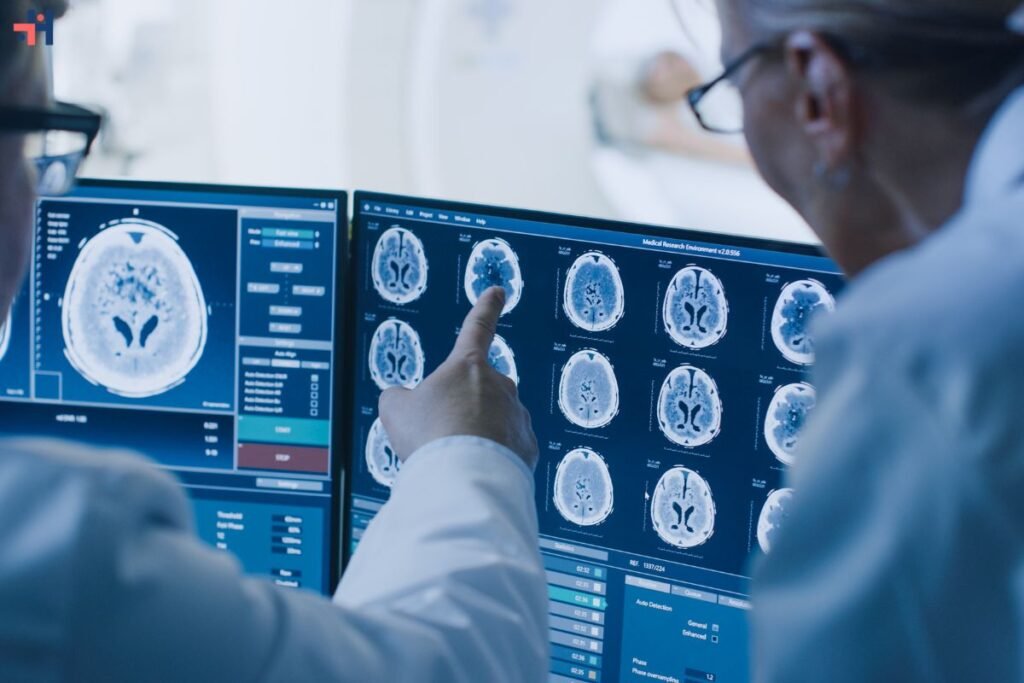In the realm of medical diagnostics, few tools hold as much promise and potential as the brain MRI scan. This non-invasive imaging technique has revolutionized our understanding of the brain, allowing us to peer into its intricate structures and unravel the mysteries of neurological disorders. In this article, we embark on a journey into the depths of neuroimaging, exploring the fascinating world of brain MRI scans and their invaluable role in modern medicine.
Understanding Brain MRI Scans:
A brain MRI scan, short for Magnetic Resonance Imaging, is a powerful diagnostic tool that utilizes magnetic fields and radio waves to generate detailed images of the brain. Unlike other imaging techniques such as CT scans, MRI scans do not involve ionizing radiation, making them safer for repeated use, especially for sensitive organs like the brain.
The process of obtaining a brain MRI scan involves the patient lying comfortably inside a large cylindrical machine, while radio waves and magnetic fields manipulate the hydrogen atoms in their body. These atoms emit signals that are captured by the MRI machine and processed into high-resolution images of the brain’s structures, including the white matter, gray matter, and cerebrospinal fluid.

Applications in Medicine:
Brain MRI scans play a pivotal role in the diagnosis and management of various neurological conditions, ranging from strokes and tumors to degenerative diseases like Alzheimer’s and multiple sclerosis. By providing detailed images of the brain’s anatomy, MRI scans enable physicians to detect abnormalities, localize lesions, and monitor disease progression with unparalleled precision.
For example, in the case of ischemic strokes, MRI scans can differentiate between areas of infarction and viable tissue, helping clinicians make crucial decisions about thrombolytic therapy and intervention. Similarly, in neuro-oncology, MRI scans are indispensable for characterizing tumors, assessing their size and location, and planning surgical resection or radiation therapy.
Advancements in Technology:
Over the years, significant advancements in MRI technology have enhanced the capabilities and utility of brain MRI scans. State-of-the-art techniques such as functional MRI (fMRI), diffusion tensor imaging (DTI), and magnetic resonance spectroscopy (MRS) provide insights beyond mere anatomical imaging, allowing researchers to study brain function, connectivity, and metabolism in unprecedented detail.
Functional MRI, for instance, enables researchers to map brain activity by detecting changes in blood flow and oxygenation levels during cognitive tasks or sensory stimulation. This technique has revolutionized our understanding of brain networks involved in language processing, memory formation, and emotion regulation, opening new avenues for studying neurological disorders like schizophrenia and depression.
Challenges and Limitations:
Despite their immense potential, brain MRI scans are not without challenges and limitations. Technical factors such as motion artifacts, magnetic susceptibility artifacts, and image distortion can affect the quality and accuracy of MRI images, posing challenges for interpretation and diagnosis. Moreover, access to MRI facilities may be limited in certain regions or healthcare settings, particularly in low-resource areas.
Furthermore, the interpretation of brain MRI scans requires specialized expertise, as subtle abnormalities may be easily overlooked or misinterpreted by inexperienced radiologists. This underscores the importance of ongoing training and quality assurance programs to ensure accurate and reliable interpretation of MRI findings.
Also Read: Research Reveals: Human Brains are Expanding
Future Directions:
Looking ahead, the future of brain MRI scans holds great promise, driven by ongoing innovations in technology and methodology. Emerging techniques such as ultra-high-field MRI, machine learning-based image analysis, and molecular imaging probes are poised to further enhance the sensitivity, specificity, and clinical utility of MRI in neuroimaging.
Moreover, the integration of MRI with other modalities such as positron emission tomography (PET) and magnetoencephalography (MEG) holds the potential to provide complementary information about brain structure, function, and metabolism, paving the way for personalized medicine approaches in neurology and psychiatry.
The Impact of Brain MRI Scans on Research and Clinical Practice:

Research: In the realm of neuroscience research, brain MRI scans have become indispensable tools for investigating the complexities of the human brain. Researchers utilize MRI technology to study brain development, plasticity, and aging, shedding light on the underlying mechanisms of cognitive processes and neurological disorders.
For example, longitudinal studies employing serial MRI scans have elucidated the structural and functional changes that occur in the brain over time, providing valuable insights into the trajectories of neurodegenerative diseases such as Alzheimer’s and Parkinson’s. Additionally, neuroimaging studies have contributed to our understanding of psychiatric disorders, revealing alterations in brain connectivity and neurotransmitter systems that underlie conditions such as depression, anxiety, and schizophrenia.
Clinical Practice: In clinical practice, brain MRI scans have revolutionized the diagnosis and management of neurological conditions, enabling early detection, accurate localization, and personalized treatment strategies. Neurologists, neurosurgeons, and other healthcare professionals rely on MRI findings to formulate diagnostic hypotheses, guide therapeutic interventions, and monitor disease progression in patients with a wide range of neurological disorders.
Furthermore, the non-invasive nature of MRI scans makes them particularly well-suited for monitoring disease progression and treatment response over time, minimizing the need for invasive procedures and repeated exposure to ionizing radiation. This is particularly advantageous in pediatric neurology, where MRI serves as a cornerstone of diagnostic evaluation for conditions such as epilepsy, developmental delays, and brain tumors.
Also Read: Innovative Therapy Shows Promise in Treating Deadly Brain Tumors
The Role of Brain MRI Scans in Patient Care:
Patient care is at the heart of every medical intervention, and brain MRI scans play a central role in ensuring optimal outcomes for patients with neurological disorders. By providing detailed anatomical information, MRI scans facilitate accurate diagnosis and staging of conditions such as brain tumors, vascular malformations, and demyelinating diseases, enabling clinicians to tailor treatment plans to the individual needs of each patient.

Moreover, MRI technology has transformed neurosurgical practice by allowing for precise preoperative planning, intraoperative navigation, and postoperative monitoring of surgical outcomes. High-resolution MRI images provide neurosurgeons with essential information about tumor boundaries, eloquent brain regions, and critical neurovascular structures, minimizing the risk of complications and maximizing the likelihood of successful surgical resection.
In addition to their diagnostic and therapeutic roles, brain MRI scans also play a crucial role in patient education and shared decision-making. By visually illustrating the nature and extent of neurological abnormalities, MRI images empower patients and their families to participate actively in discussions about treatment options, prognosis, and long-term care planning.
Conclusion:
In conclusion, brain MRI scans represent a cornerstone of modern neuroscience, offering unparalleled insights into the structure, function, and pathology of the brain. From their transformative impact on research and clinical practice to their pivotal role in patient care and education, MRI technology continues to revolutionize our understanding of the human brain and its myriad complexities.
As we continue to push the boundaries of neuroimaging technology and innovation, the future holds immense promise for further advancements in MRI-based diagnostics, therapeutics, and personalized medicine approaches. By harnessing the power of brain MRI scans, we can unlock new frontiers in neuroscience, unraveling the mysteries of the mind and improving the lives of patients affected by neurological disorders around the globe.










